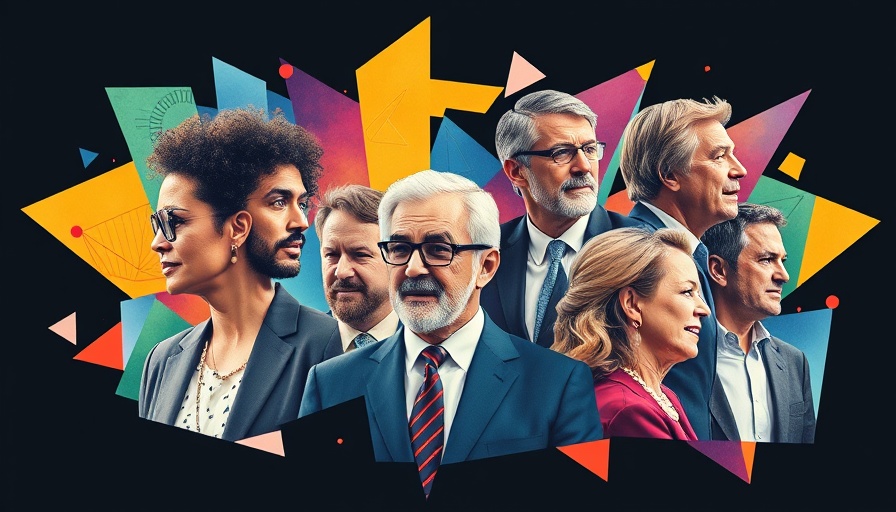
Exploring the Intersection of Economics and Emotions
In today's fast-paced world, where technology often takes precedence, the emotional aspects of our lives can feel neglected. Harvard Business School Professor Debora Spar argues that the principles of economics can be applied to what she terms 'sacred goods,' such as love, respect, and hope. These 'sacred goods' are intangible yet essential to our well-being. When businesses consider their role in promoting these values, they not only enhance consumer satisfaction but also foster a deeper connection in their customer relations.
Transforming Business Strategy Through Human Values
Spar’s thought-provoking research, particularly her paper titled Priceless: How to Create, Trade, and Protect What Matters Most, suggests that market dynamics can inform how we cultivate these emotional riches. Rather than viewing business transactions solely through a profit lens, executives should recognize that customers arrive with emotional needs that go beyond mere products or services. By addressing these needs, companies can align their strategies to foster long-term loyalty. According to Spar, achieving this requires a shift in business focus: "When you buy a plane ticket, you’re not just seeking transportation. You want respect, safety, and a sense of adventure.”
The Role of Leadership in Shaping Organizational Culture
CEOs and senior leaders play a critical role in integrating this approach into their organizational culture. By prioritizing 'sacred transactions'—the human aspects of consumer interactions—leaders can reposition their companies within competitive markets. This not only aligns with visionary leadership models but also contributes to robust corporate governance. Embracing these strategies can help firms maintain leadership agility and enhance their overall business strategy, ensuring they stay relevant and interconnected with the human aspects of consumer engagement.
Why Understanding Sacred Goods Matters
As market trends evolve, the ability to navigate the delicate balance of emotional needs and financial outcomes will become a distinguishing factor for successful organizations. By engaging in conversations around what makes life meaningful—both personally and professionally—business leaders can create environments that foster trust, loyalty, and innovation. Recognizing that some of life’s most valuable experiences cannot be bought or sold can ultimately reshape how we approach our roles as executives.
For executives striving to refine their leadership strategies, it's important to engage with these concepts actively. By embedding an understanding of the 'sacred economy' into their business practices, leaders can inspire their teams and cultivate a more fulfilling workplace.
 Add Row
Add Row  Add
Add 




Write A Comment